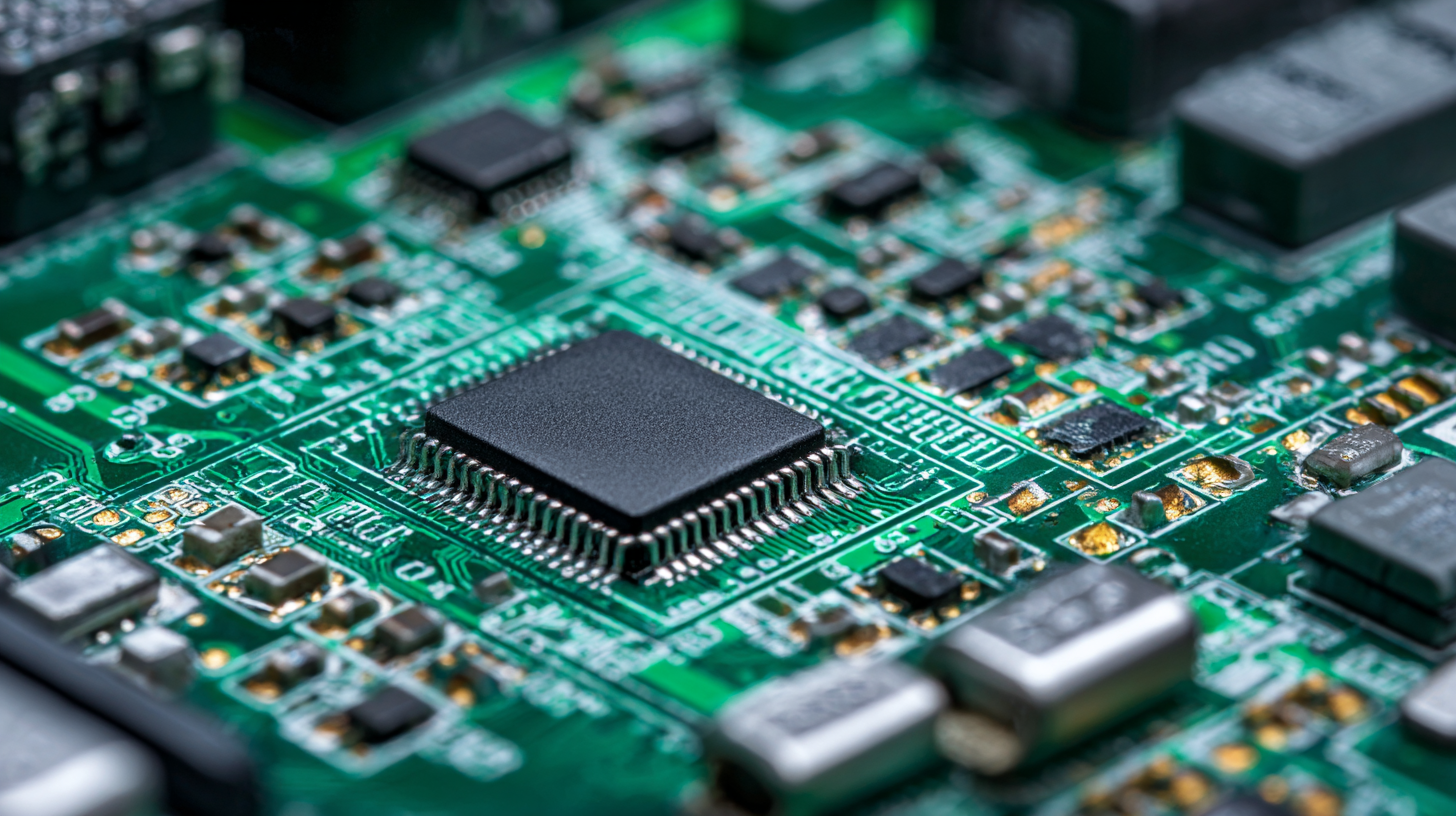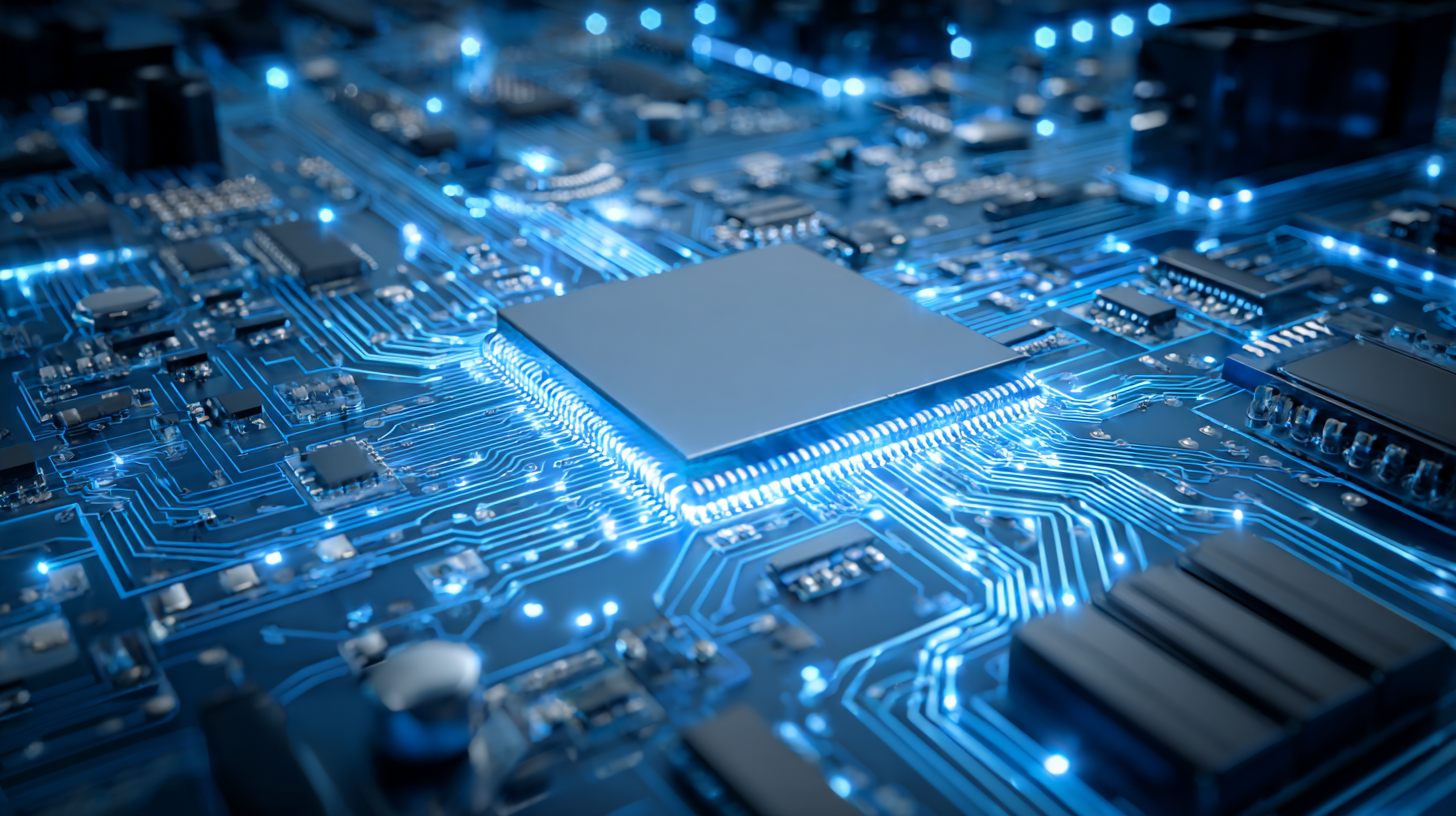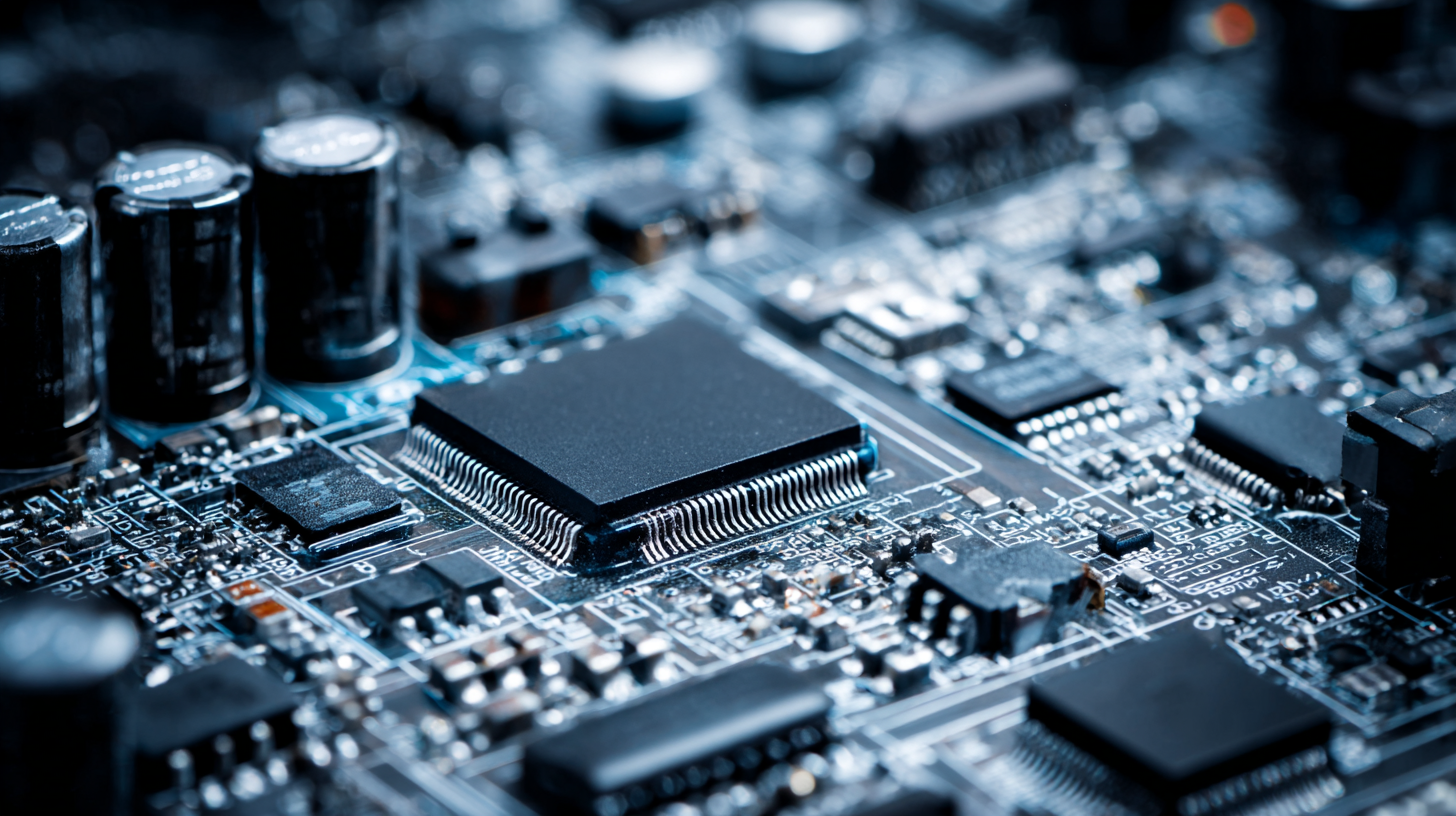In an era where technological advancement is accelerating at an unprecedented pace, the demand for rapid innovation in electronics has never been greater. Fast PCB manufacturing is emerging as a critical driving force behind this evolution, enabling companies to reduce time-to-market for new products significantly. According to a recent market report by Mordor Intelligence, the global PCB market is projected to grow from USD 63.68 billion in 2020 to USD 82.73 billion by 2026, with a notable increase in demand for quick-turn PCB production. This surge is largely fueled by the rising adoption of electronic gadgets, IoT applications, and automotive technologies that require increasingly complex circuit designs on tightened schedules. As manufacturers adopt advanced technologies like automated assembly and digital fabrication, fast PCB manufacturing emerges not just as an efficiency tool but as a foundational element of the future technology landscape.

Fast PCB manufacturing is transforming the landscape of technological innovation, enabling developers to prototype and iterate designs with unprecedented speed. This reduction in production time not only accelerates the development cycle but also allows companies to respond to market needs more swiftly. By adopting advanced manufacturing techniques, such as automated fabrication and online ordering systems, businesses can significantly reduce lead times while improving the overall quality of their products.

Tip: When considering fast PCB services, look for providers that offer real-time tracking of your order and transparent communication. This can streamline your workflow and ensure you are kept updated on the progress of your project.
The implications of fast PCB manufacturing are extensive, leading to faster product launches and a broader scope for experimentation. Entrepreneurs and startups can test new ideas with minimal financial risk, while established companies can pivot their strategies quickly in response to changing market demands. This agility fosters a culture of innovation, helping technology to advance rapidly.
Tip: Engage in partnerships with PCB manufacturers who emphasize rapid prototyping to enhance your development capabilities. This can help you fine-tune your designs before mass production, ultimately saving you time and resources.
The global printed circuit board (PCB) market is showing robust growth, with its value projected to reach approximately $715.7 billion by 2024, escalating to nearly $1,134.9 billion by 2032. This surge is indicative of the increasing demand for advanced electronics, driven by innovations across various sectors including automotive, consumer electronics, and telecommunications. The PCB industry, often regarded as the backbone of electronic devices, is essential for connecting various components, thus enabling functionality and performance.
Additionally, the overall electronics market is expected to expand significantly, with a valuation of $6.169 billion in 2023, climbing to about $1,901.95 billion by 2032. This trajectory underlines the critical role that fast PCB manufacturing is playing in supporting rapid technological advancements. As manufacturers adopt faster production techniques, they not only enhance efficiency but also meet the growing needs for miniaturization and functionality in electronic products. The industry is navigating challenges such as rising costs and environmental concerns, but the ongoing evolution in PCB technology remains a pivotal factor driving growth.
Rapid PCB prototyping technologies are playing a pivotal role in several key industries, driving innovation and efficiency. The telecommunications sector, for instance, has benefited immensely from swift PCB development. As companies race to launch the latest devices equipped with advanced features, the need for rapid turnaround times in PCB manufacturing allows them to test and implement new designs quickly. This agility ensures that telecommunications firms can keep pace with ever-changing consumer demands and technological advancements.
Another significant sector benefiting from fast PCB manufacturing is the automotive industry. As vehicles become increasingly tech-driven, integrating smart technologies, sensors, and connectivity features into automobiles is essential. Rapid PCB prototyping enables automotive manufacturers to develop and refine electronic components on the fly, accelerating the innovation cycle. This not only enhances vehicle performance and safety but also supports the industry’s shift towards electric and autonomous vehicles by streamlining the production of essential electronic systems.
The accelerating pace of technology demands a corresponding evolution in production methods, particularly in the realm of printed circuit board (PCB) manufacturing. Automation is playing a pivotal role in transforming PCB fabrication processes, enabling manufacturers to meet the increasing demand for faster turnaround times without sacrificing quality. According to a recent report by IPC, automated processes can reduce the production time of PCBs by as much as 30%, while simultaneously minimizing human error.
Implementing advanced automation technologies, such as robotic assembly and AI-driven quality control systems, allows manufacturers to streamline operations significantly. A 2022 market analysis from Research and Markets indicates that the PCB automation market is expected to grow at a compound annual growth rate (CAGR) of 11.2% over the next five years. This growth is fueled by the necessity for high-precision manufacturing in sectors ranging from consumer electronics to automotive applications. As companies invest in smarter, faster systems, automation is not merely a trend but a vital component in revolutionizing electronics and setting the foundation for the future of technology.

The global printed circuit board (PCB) market is poised for significant growth, with projections indicating a rise from $741.2 billion in 2025 to $1,134.9 billion by 2032, representing a compound annual growth rate (CAGR) of 6.3%. This growth is driven by the increasing demand for advanced electronic devices across various sectors, including automotive, telecommunications, and consumer electronics. As technology continues to evolve, the need for faster and more efficient PCB manufacturing processes becomes paramount.
In the automotive sector, the PCB market is also on an upward trajectory, anticipated to expand from $9.15 billion in 2023 to $15.1 billion by 2032, with a CAGR of 5.9%. The surge in electric vehicles and smart technologies is a key factor in this growth, requiring innovative PCB solutions that can support sophisticated electronic systems. The PCB industry is recovering from previous economic fluctuations and is projected to exceed $94 billion in value by 2029, reflecting a robust market adaptation as demand for high-performance electronic components increases globally.
